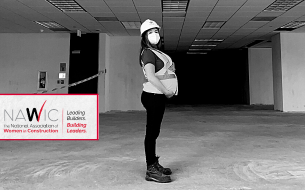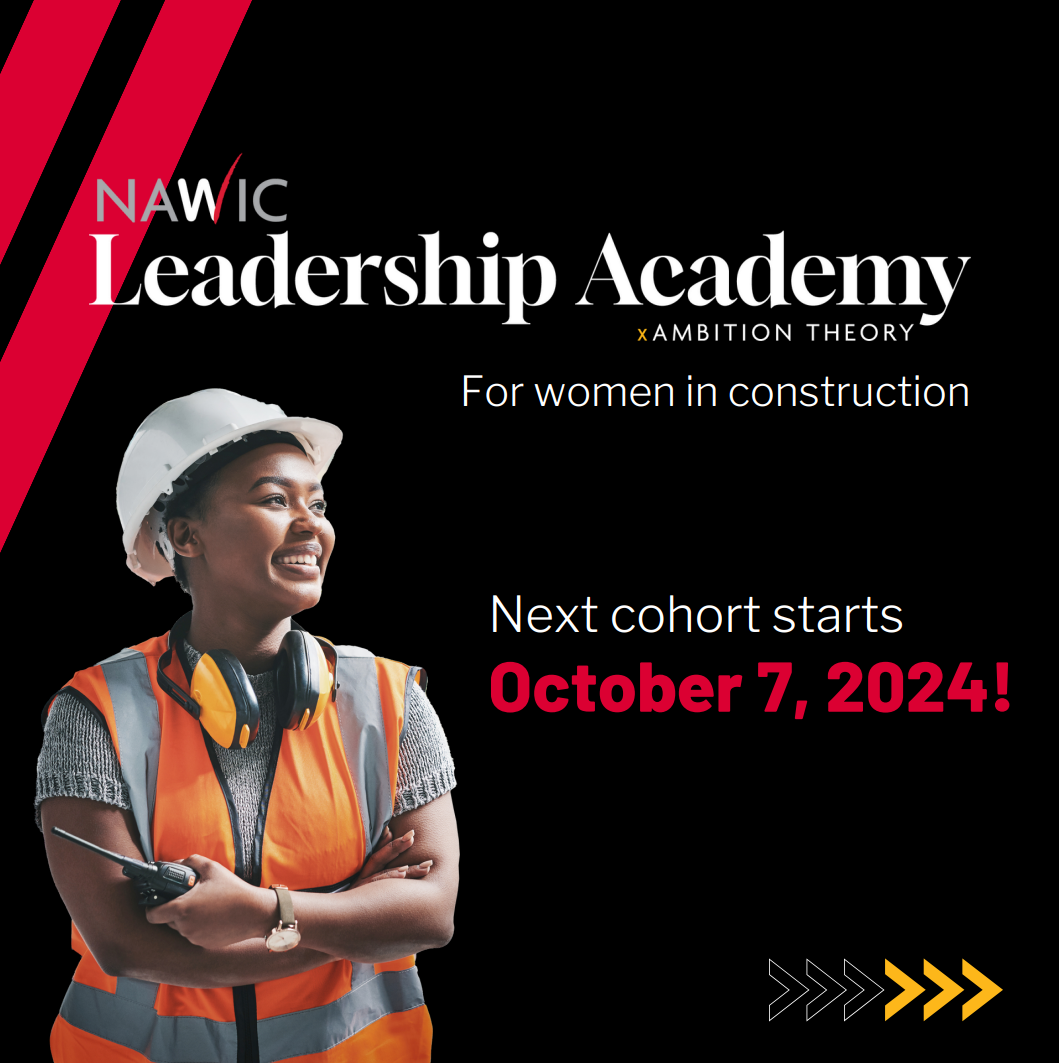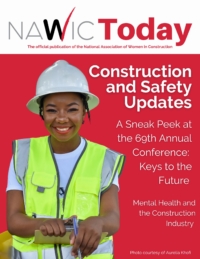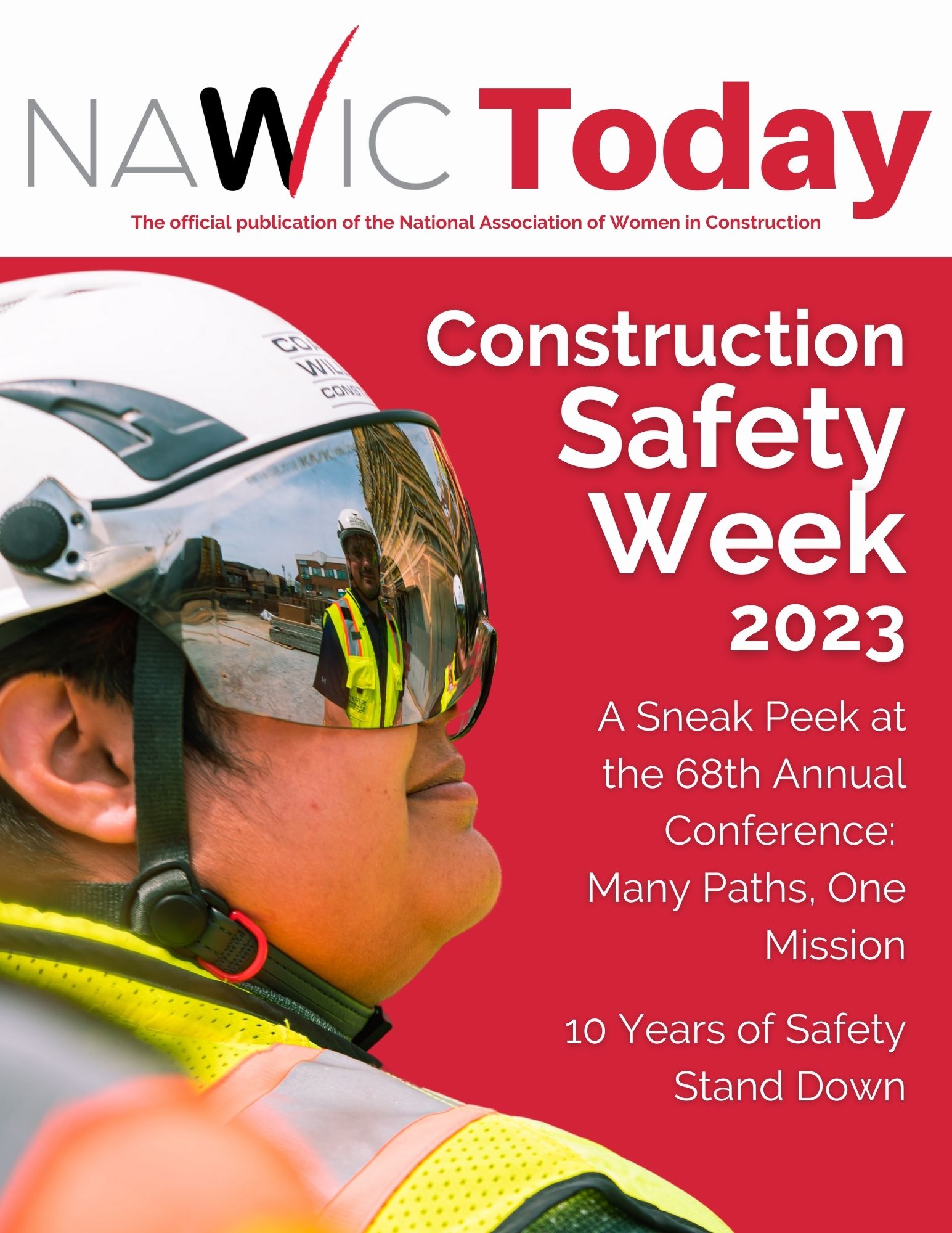The Importance Of Childcare Support In Construction Workforce Development

For women looking for a job that offers job stability, career advancement, and family sustaining wages, the construction industry has about 300,000 openings ready to be filled. However, access to affordable, quality childcare is often a major barrier for women, who typically are the primary provider of childcare. The Infrastructure Investment and Jobs Act has been the impetus for new jobs and a more diverse construction workforce, but without childcare support, filling those jobs may prove difficult.
Finding childcare is inherently more difficult for the construction workforce than in other fields. Work often begins earlier than many childcare facilities open and because it may involve different project sites, the travel time between work and childcare can vary greatly, making planning challenging. Project-based work means there may be periods between projects when childcare is not needed and then there may not be enough notice to find childcare openings when a new project begins. Although wages are competitive for the construction workforce, high childcare expenses are typically more difficult for workers without a college education.
“The unique hours and locations of infrastructure job sites require an industry-specific, worker-centered approach to child care for parents; and IIJA funding offers an opportunity to address this gap,” said the Center for American Progress in “3 Ways States Can Expand and Sustain the Infrastructure Workforce by Meeting Child Care Needs.” It recommends funding navigators to help the construction workforce find and secure childcare, providing financial assistance for workers, and working to create industry-specific childcare solutions.
Of course, childcare is not just a women’s issue or one that just affects the construction workforce. A recent survey by the U.S. Chamber of Commerce found that 27 percent of all people who are not working say they are not looking for work because they need to provide care at home, with the proportion jumping to 36 percent among just women. Childcare access is important in workforce development and will help create sustainable families and a stronger nation.
The National Association for Women in Construction (NAWIC), an organization founded on supporting women in the construction workforce, has turned its attention to this critical issue. A task force was created to research existing programs that help with childcare access and to explore potential opportunities to enhance childcare access for women in the construction workforce. It was chaired by North Central Region Director Alison Frye and NAWIC National Secretary Raven Hoffman. Members included Virnetta Woodbury and Karli Meisinger. In its report for the Annual Conference, the task force recommended “developing a test pilot program with local and/or state partners in a single state. There are many partners that are willing, and we believe NAWIC can provide that leadership to them. This is an industry-wide challenge and will take much longer than the initial taskforce research.”
By advocating for issues like accessible childcare and seeking collaborative solutions, NAWIC seeks to strengthen and amplify the success of women in the construction industry.
National Association of Women in Construction
NAWIC has more than 6,100 members in 118 chapters across the US. The leading organization for women in the industry, NAWIC provides support, networking, mentorship, educational opportunities, leadership training, and advocacy for all women in the construction workforce. Reach out to a chapter near you to learn more.





